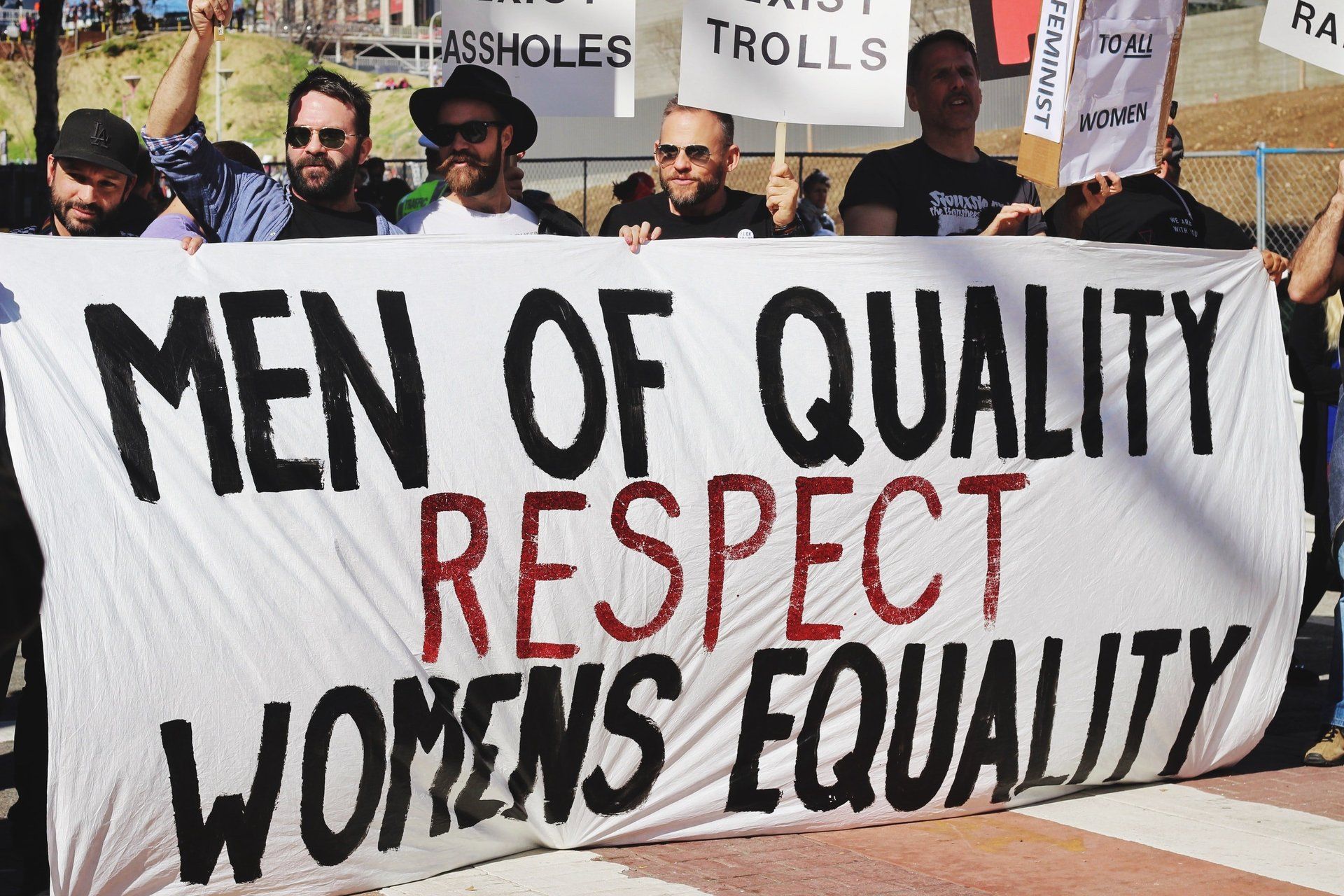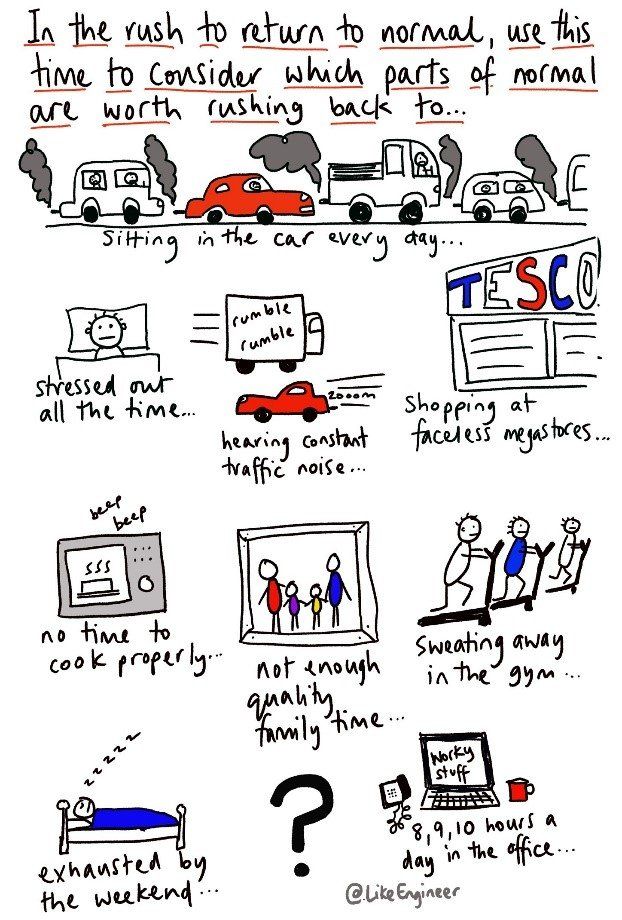Equality begins at home
Big corporate or little start up
SHERPA was born in 2007. Before that, I had worked for a large public sector employer in Scotland. I managed a multi-disciplinary team on 12 staff and a budget of circa £6m. I loved my job, but the time came where I realised I didn't have the inclination to keep chipping away at the glass walls around me or the ceilings above me.
By 2007 I had worked full time for nearly 20 years. Most of that time in the private sector. In my early career, I didn't have much in the way of employment benefits, so when the eldest came along I had 6 weeks off on maternity leave, and I was back at my desk when he was four weeks old. At the time I did not feel short-changed by this, it was just the way it was. In fact, the conversation with my boss when I explained I was expecting was along the lines of 'I could sack you, but as long as you find a replacement and come back quickly you can keep your job'.
So I found my replacement, and I got back to my desk as quickly as I could. I worked hard, broadened my experience and moved on to more prominent firms and eventually different sectors.
Working full time and moving up the career ladder was a big part of my life. In fact, I would go as far to say that my status as a full-time worker was a massive part of my identity. I was (in my mind) the ultimate independent women, having it all. Except I wasn't. I relied on outsourced childcare (grandparents - lost without them). I was lucky if I could fit in school drop off and a bedtime story every day of the week.
Things changed when I moved to the public sector. For a start, I had access to excellent flexible working practices, but by that time bedtime stories were no longer required and I began to realise on a personal level that I had lost balance. Added to this the focus of my role was diversity & inclusion. I started to look at the positive numbers on our gender score sheet realising that although there were plenty of women in top jobs, the only women in the top positions were childless. Women with families seemed stuck at Director level. I am not good at being stuck, so I left, and SHERPA came to life. (We've had a little hibernation between 2013 and 2018 while I tackled a PhD)
I am not alone in opting out, a great blog
by Becky Lewis at the Insight Fountain highlights the numbers of working mothers entering self-employment.
The reasons women get stuck or opt out are varied, some institutional, others personal or societal. I have contributed a light hearted blog to Universities Human Resources for International Women's Day
that gives one perspective on why women opt out #IWD2018 - I hope you like it.








